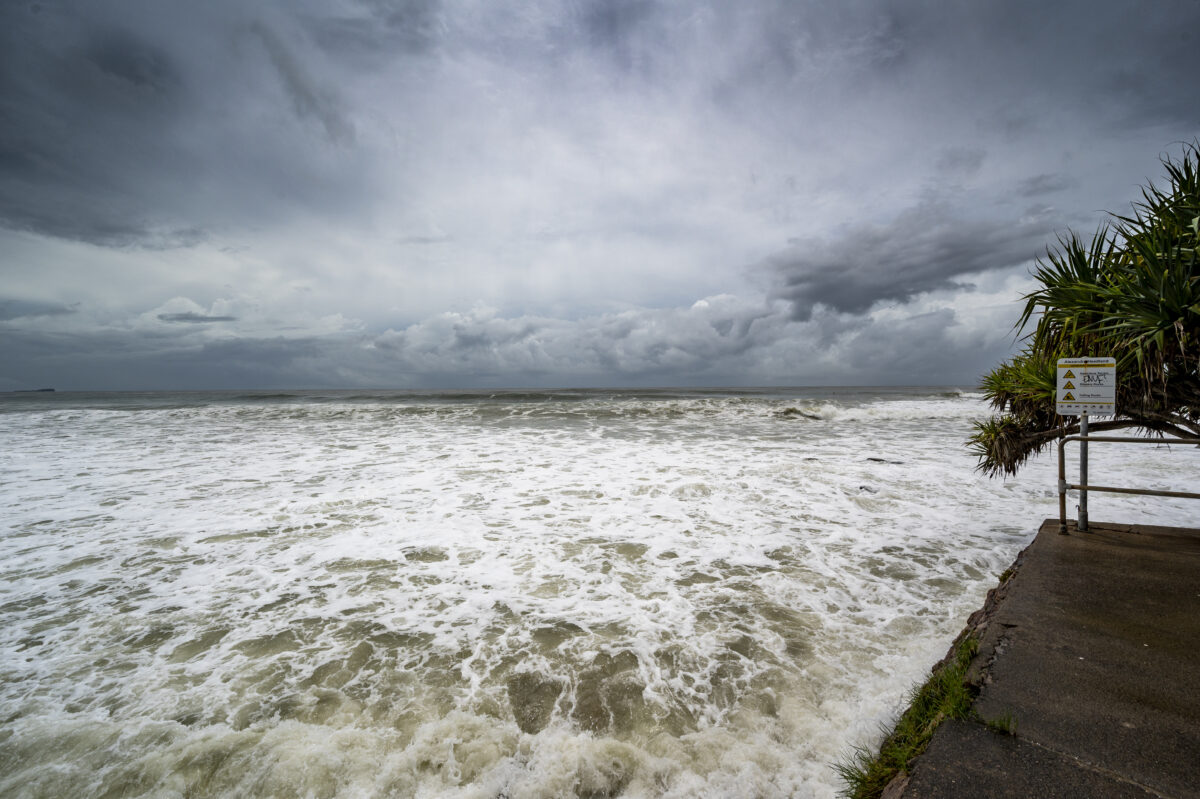In the face of climate change, which is forcing us to rethink our food and therefore our agricultural production, we need to revisit the link that can exist between the quality of an agricultural product and the soil from which it comes. As a result, we need to re-examine the contours of a well-known concept in the wine sector, namely the concept of terroir.
Terroir is a multi-dimensional concept, which explains why it is a subject of research in agronomy, economics, sociology and genetics. In an article published in the Journal of Agricultural Economics, we use a bibliometric analysis to explore the English-language scientific literature published on this subject between 1986 and 2023, across all disciplines.
Our analysis shows that, although the concept of terroir is historically and still strongly associated with wine production, it also applies to a whole range of products, from different cheeses to alternative proteins and cannabis. In addition to this diversity, our analysis allows us to segment the scientific literature in this field into two distinct blocks: on the one hand, the agronomic and biological sciences, and on the other, the economic, management and social sciences.
Recent research efforts in these two bodies of science reveal a focus on issues related to climate change and the adaptation of terroirs to the predicted changes. In the agronomic and biological sciences, this is reflected in significant research into microbial terroir.
In other words, all the microorganisms that characterise the soil of a terroir and have a direct impact on the organoleptic qualities of the products grown there. In the field of economics, management and social sciences, research focuses mainly on geographical designations (Appellations d’Origine Contrôlée, Appellations d’Origine Protégée, Indications Géographiques Protégées, etc.), which guarantee the identity of the terroirs and the authenticity of their production.
Given the impacts of climate change and the growing scientific knowledge of microbial terroirs, our results suggest that there is an increasingly strong disconnect between the organoleptic qualities of an agricultural product and the geographical characteristics of the area in which it is produced. In other terms, if we know the micro-organisms needed to produce a Bordeaux wine and the conditions of light, humidity, etc., required to obtain this wine, what would prevent us from producing this Bordeaux wine in Beijing in the future? This type of questioning, which is now relevant, prompts us to wonder about the evolution of geographical designations, which could be based more on cultural factors rather than physical geography. So, how about it? Ready to taste a 1976 Bordeaux from Beijing ?




